Scientists are studying why some species live so much longer than others
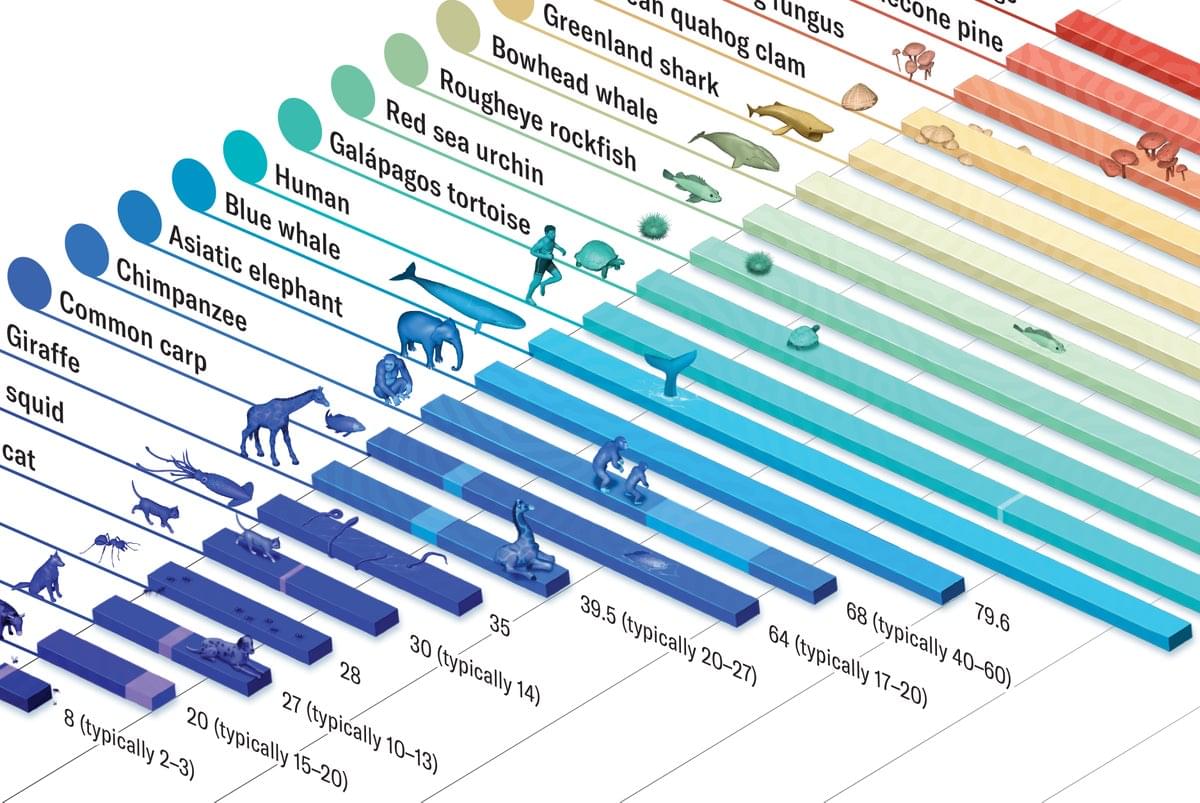

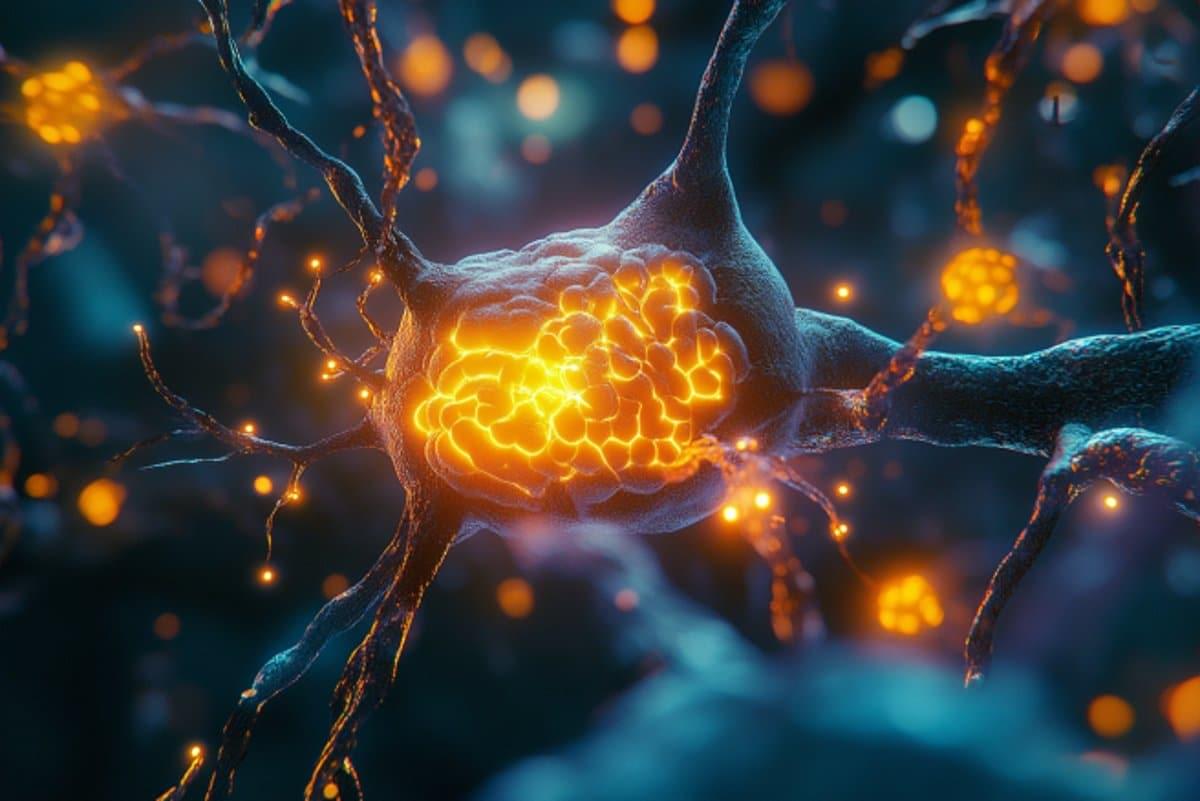

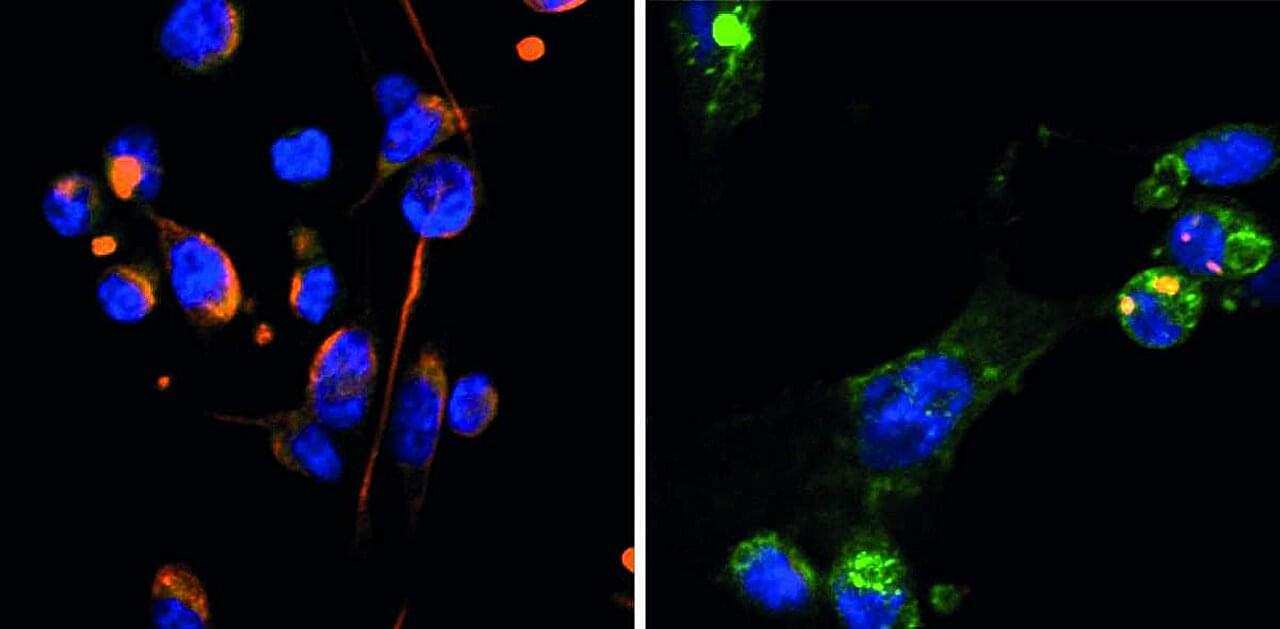
Breast cancer is becoming increasingly treatable, but in some cases the disease can resurface even decades after a patient has been declared cancer free. This is because of cells that detach from the original tumor and hide in a dormant state in the breast or other organs.
Little is known about the mechanisms responsible for dormancy in cancer cells, and even less is known about what causes these cells to suddenly wake up. A new study from the laboratory of Israel Prize laureate Prof. Yosef Yarden at the Weizmann Institute of Science, published in Science Signaling, reveals the mechanism that puts breast cancer cells to sleep, as well as the reason that they emerge from dormancy more aggressive than they were before they became dormant.
From the earliest stage of embryonic development, through sexual maturation to the production of breast milk during pregnancy and after childbirth, breast tissue changes throughout a woman’s life. These changes are made possible by the metamorphosis that breast tissue cells undergo, from the early developmental stage, known as mesenchymal, when the cells are round, highly mobile and dividing rapidly, to the more mature, epithelial stage, when they are somewhat cubical, less active and dividing slowly.
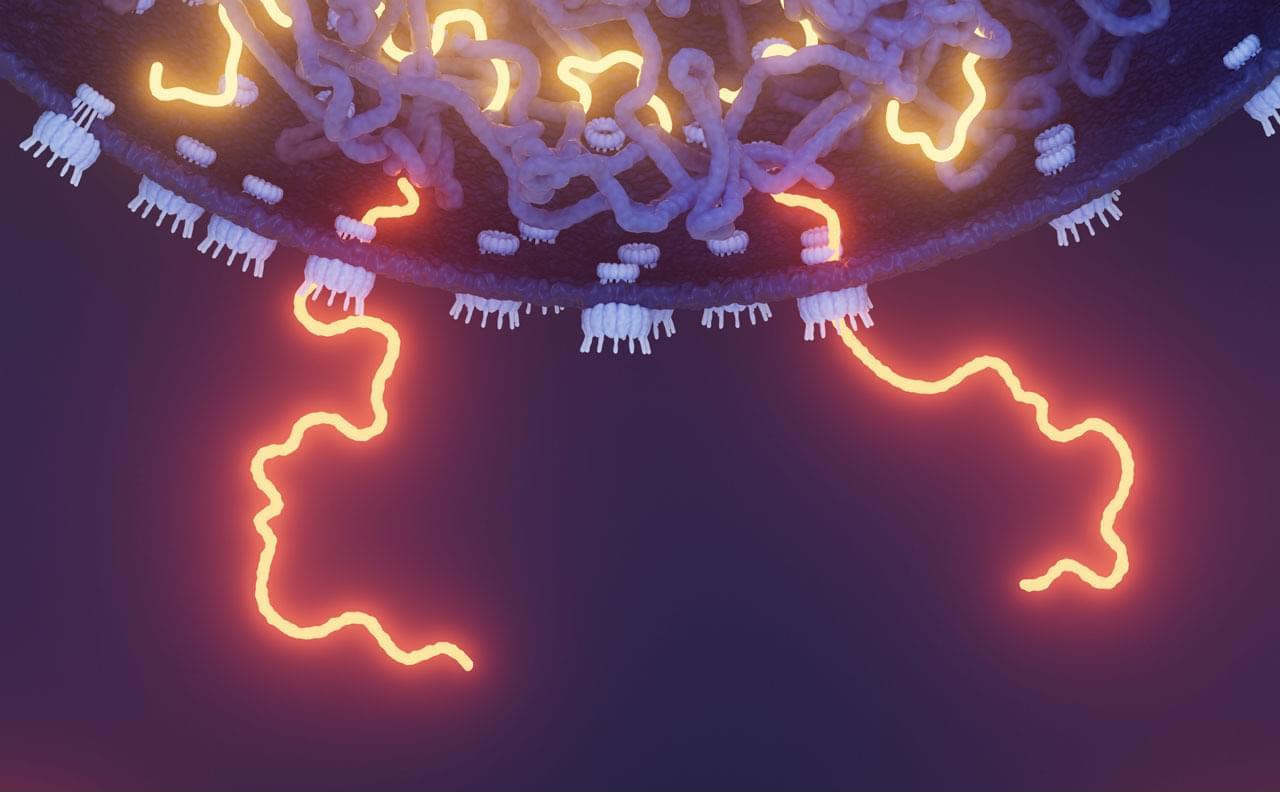
The pair decided to conduct a clinical trial that could be more compelling. In 12 people with early Alzheimer’s who took 3TC for 6 months, the drug didn’t boost cognitive abilities. But other indicators suggested some benefits, as Frost, Sullivan, and their colleagues revealed last month in npj Dementia. For instance, levels of one key neurodegeneration indicator dipped, suggesting 3TC protects patients’ brain cells. “That was the change I was most excited to see,” Frost says.
Their recent study was the first clinical test of an antitransposon strategy for Alzheimer’s to reach the finish line. But it’s just one of a growing number of trials launched by academic researchers and biotechs to gauge the effects of throttling transposons—so-called jumping genes. These vagrant sequences, some of which are relics of viruses that invaded cells long ago or may even be derived from symbiotic bacteria, make up more than 40% of the human genome but were once seen as largely harmless. However, a variety of evidence from human cell lines, lab animals, and epidemiological studies has implicated their antics in illnesses such as lupus, amyotrophic lateral sclerosis (ALS), Parkinson’s disease, and cancer, as well as in aging.
Encouraging results are trickling in. In 2022, a phase 2 trial determined that 3TC halted tumor growth in some patients with colorectal cancer. Last year, Transposon Therapeutics revealed that a different drug that stymies replication of these sequences slowed one sign of physical decline in people with ALS or another neurodegenerative disease, frontotemporal dementia. “It’s really amazing how quickly the story has developed,” says John Sedivy, a molecular biologist at Brown and the company’s co-founder.


The bumblebee-inspired robot is less than a centimeter wide and can hover, change direction, and hit small targets. Like a bumblebee moving from flower to flower, a new insect-inspired flying robot developed by engineers at the University of California, Berkeley, can hover, change direction, and
Researchers have developed computationally simple robots, called particles, that cluster and form a single “particle robot” that completes tasks.
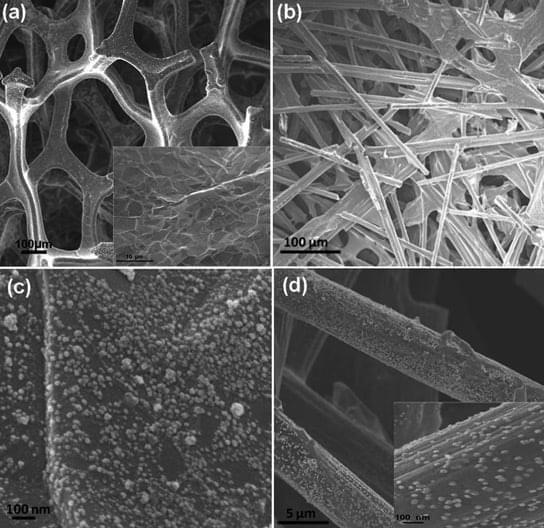
Graphene can support 50,000 times its own weight and can spring back into shape after being compressed by up to 80%. Graphene also has a much lower density than comparable metal-based materials. A new super-elastic, three-dimensional form of graphene can conduct electricity, and will probably pave t